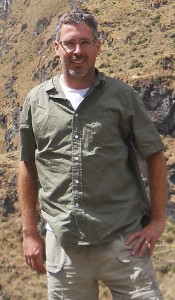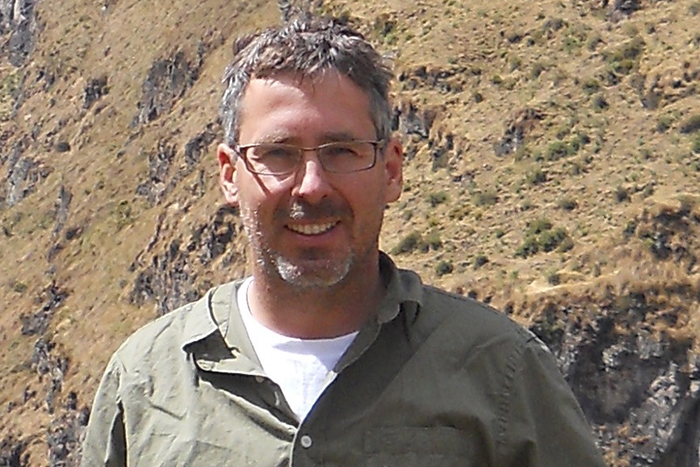
Kevin McCracken, an associate professor in the biology department at the University of Miami, has seen his share of picturesque sights, from Alaska’s Northern Lights to the peaks of the Andes Mountains.
McCracken’s research on waterbirds, like ducks and herons, inspires him to travel the globe.
“I once spent three winters on an island in the Southern Ocean, south of Adelaide, [Australia],” he said.
Ever since a high school trip to the Galapagos, McCracken has dedicated his research endeavors to dabbling in every aspect of waterfowl.
“I knew I was going somewhere interesting and exotic with dozens and dozens of species I’d never seen before,” he said. “It just opens your eyes. I was young and lived in a big city with a lot of concrete. Not much wildlife.”
Since 2001, McCracken has taken an annual voyage to the South American Andes with students and postdoctoral researchers to study birds that thrive at low-oxygen heights. This research seeks to investigate how these birds avoid altitude sickness, a state where the body reacts negatively to a lack of oxygen.
“Research goes better when you have a clear idea of what you want to do, but for me it’s very interesting,” McCracken said. “When you set out to accomplish a goal and it takes a few years, by happenstance or serendipity, you come across another interesting idea that naturally creates the goal for the next five years. I think that’s what’s so exciting about science.”
Part of the excitement includes surprising findings. According to an article published by The New York Times in 2007, McCracken discovered the 17-inch bird phallus on an Argentine duck back in 2001. This is the longest one known to date.
Prior to pursuing research at the University of Miami in 2014, McCracken lived in Alaska for 15 years. To reach Florida, McCracken and his family undertook a 21-day drive from The Last Frontier to the Sunshine State, stopping only to visit friends along the way. He notes adjusting to Miami’s year-round warmth as one of his top achievements. Traffic, however, is still a struggle.
“It’s probably the most interesting geographic, biological and cultural contrast you can undertake in North America,” he said.
McCracken seems to be adapting well. Junior Vincent Hsu, a biology major who took McCracken’s genetics class in fall 2014, believes that McCracken has a unique approach to teaching.
“Of all the professors I’ve ever had, he’s probably the most passionate and the most open to students,” Hsu said.
After completing a class with McCracken, Hsu stays in contact with his past professor.
“He makes it seem like we have a real connection. It’s not just in the classroom,” Hsu said. “He’s someone you can call your friend.”







